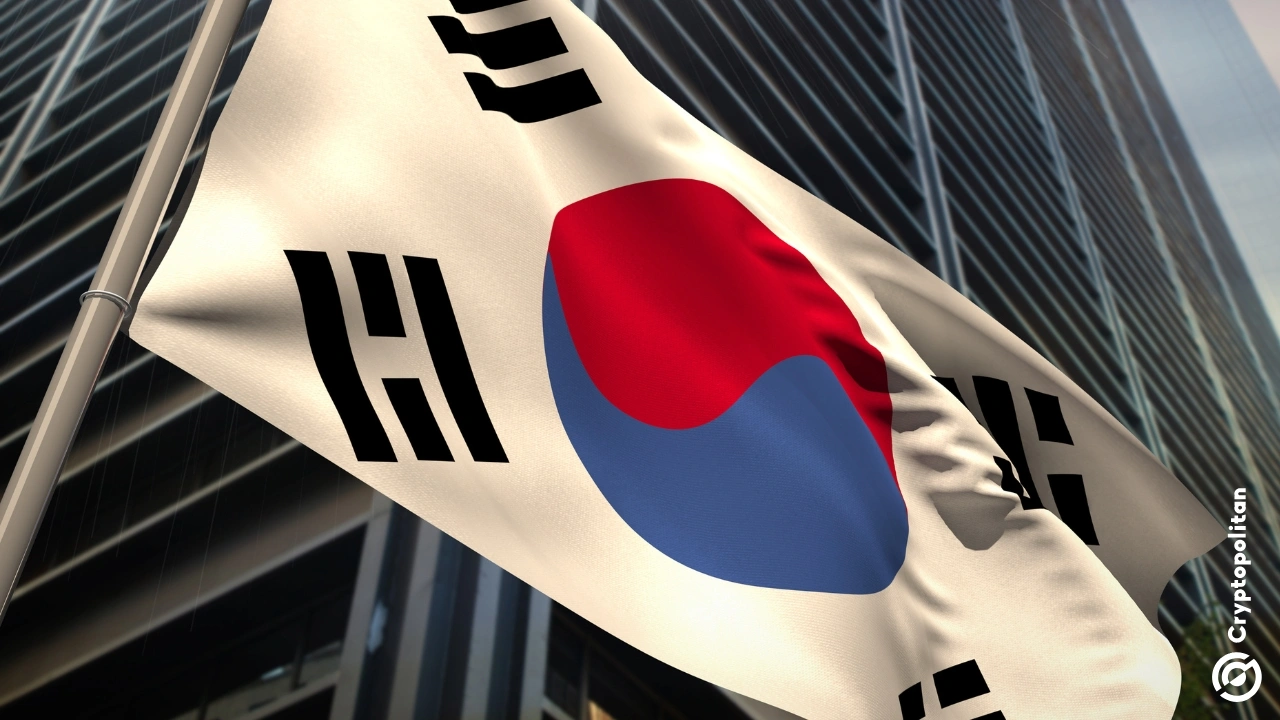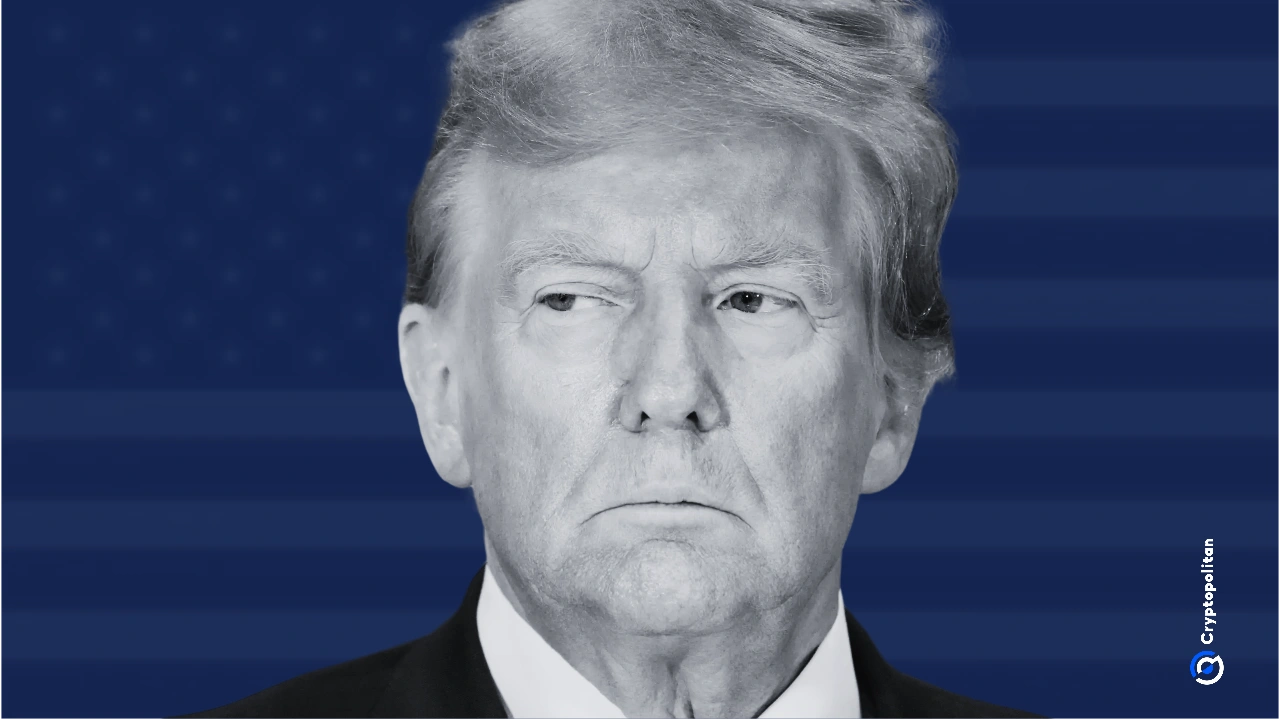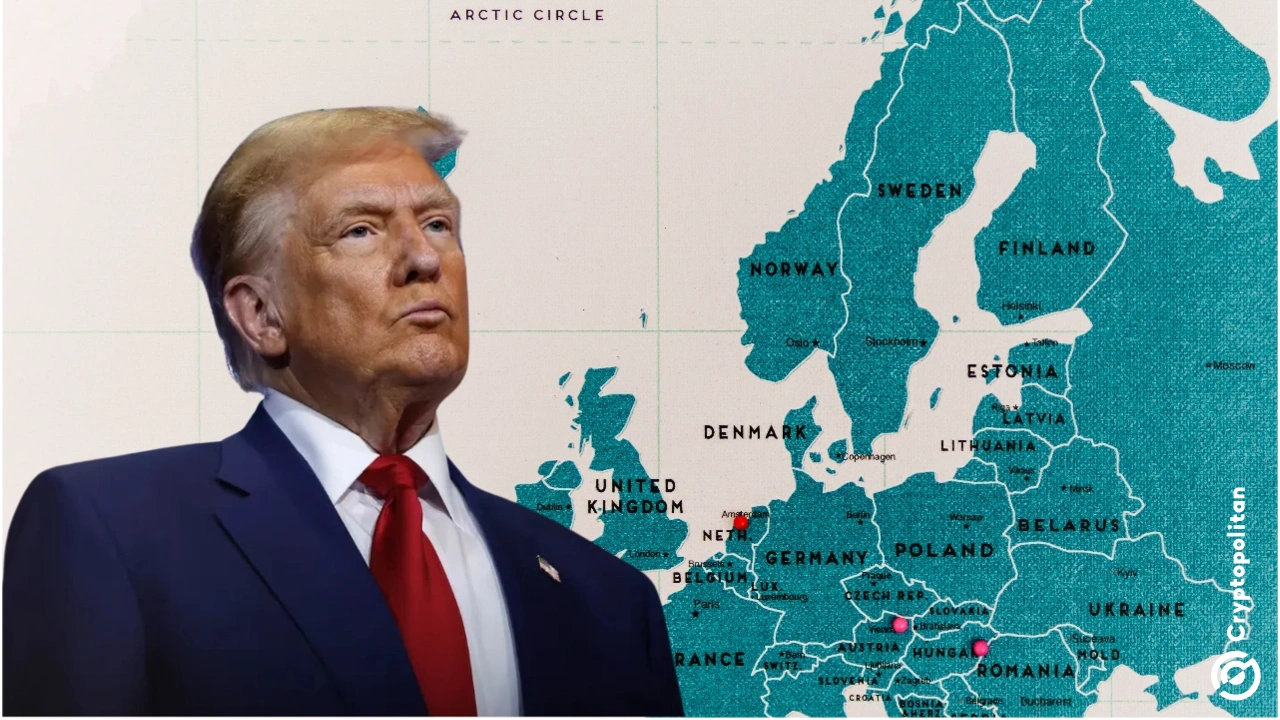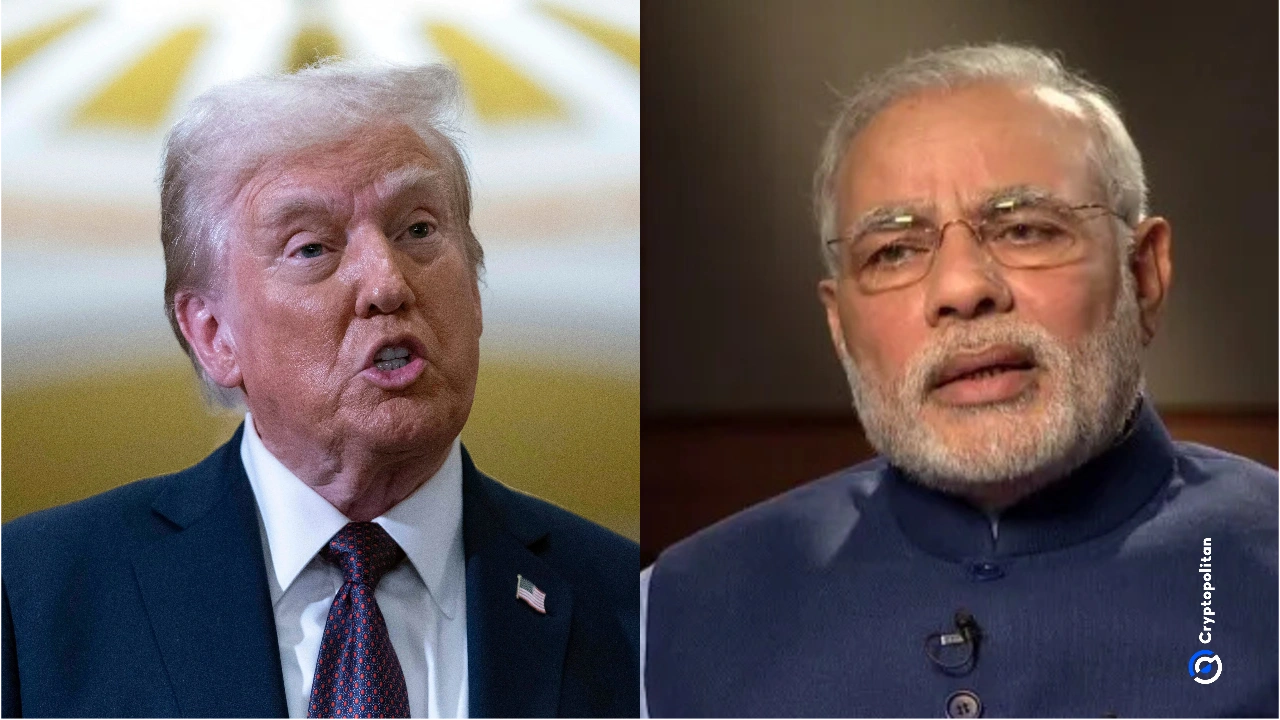Nvidia CEO Jensen Huang urges the Trump administration to rethink strict rules on exporting artificial intelligence (AI) technology. He believes restrictions could slow down America’s progress in global AI leadership.
At a press briefing in Washington, D.C., Huang emphasized the importance of expanding US AI exports worldwide. He added that the administration’s policies and guidance would need to support and encourage this effort.
Huang made these remarks during the Hill and Valley Forum, a newly launched tech summit attended by US lawmakers and top technology executives. The forum, focused on innovation, national security, and global competitiveness, is the first in a planned series of such high-level meetings.
The current export controls, which were enacted during the Biden administration, limit the sale of high-end AI chips to particular countries, for instance. China. The rules aim to restrict the possible uses of United States tech in foreign military and surveillance equipment.
However, Huang contended that the policy was overdue for an update. He said the world had changed fundamentally since the agency last issued a rule on diffusion and emphasized that any new rule must align with today’s reality.
Tech leaders urge caution on AI export limits
Nvidia is not alone in voicing concern. Other tech powerhouses, including Microsoft and Amazon, have also expressed reservations about the current export policies. They argue that overly restrictive measures could backfire—damaging the United States’ global standing in AI and prompting even allied nations to seek alternatives, often from Chinese suppliers.
These companies argue that harsh regulations push friendly nations to look elsewhere, increasingly to Chinese suppliers. A forum executive said a US foreign policy of constraining its partners also creates more space for China to grow.
Huang expressed that same fear and cited China’s increasing technological prowess. He pointed to Huawei Technologies, a Chinese company developing advanced AI chips, as a prime example. He added that China was almost on par with the United States in the AI race.
Recent reports found that Huawei has made significant advances in chip design despite the US sanctions, which unfolds further in China Chips: Huawei’s route to self-sufficiency in semiconductors. Analysts said China has been working hard to wean itself off foreign AI hardware, and it is doing so more quickly than many had previously anticipated.
Despite the restrictions, Chinese tech companies have also been able to build powerful systems using older chips or by making domestic alternatives. An analysis from Business Insider recently observed that AI chip bans haven’t appeared to put too much of a damper on China’s technologies in this domain.
Nvidia expands domestic manufacturing to meet US goals
While urging changes to US export policies, Nvidia is also ramping up its domestic investment. The company recently announced plans to build two advanced manufacturing facilities in Texas, where it will produce AI supercomputers for both government and commercial applications.
The move is part of a broader attempt to limit dependence on foreign manufacturing. Today, Taiwan Semiconductor Manufacturing Co. (TSMC) produces Nvidia’s most cutting-edge chips, primarily in Taiwan. TSMC has started to produce some chips in Arizona, but the new Texas plants will go further.
Huang said the policy should never stop efforts to enable, support, and accelerate onshore manufacturing. He expressed confidence that the US has the will and the resources to build world-class tech infrastructure domestically.
This push follows a deal between Nvidia and the Trump administration. As part of the deal, certain Nvidia chips, including the H20, which is meant for cloud AI workloads, would be exempt from tariffs if the company agrees to invest in the US-based AI infrastructure.
Cryptopolitan Academy: Tired of market swings? Learn how DeFi can help you build steady passive income. Register Now
















No comments yet